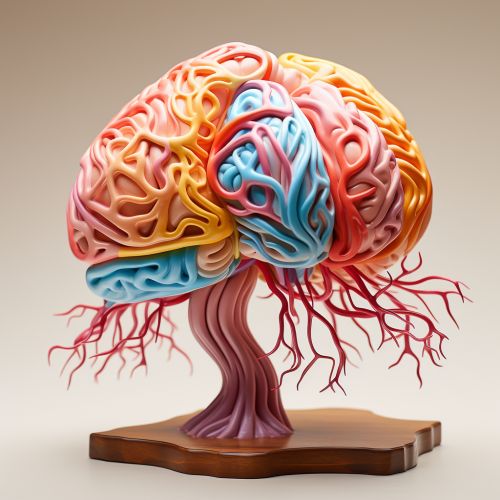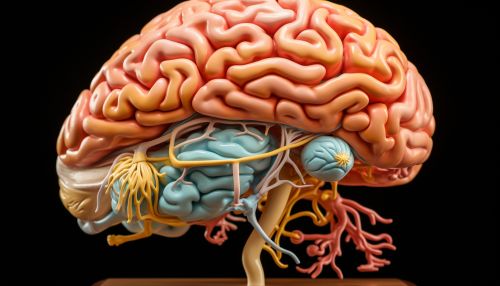The Science of Human Cognitive Bias
Introduction
Cognitive bias refers to a systematic pattern of deviation from norm or rationality in judgment, whereby inferences about other people and situations may be drawn in an illogical fashion. These biases are often a result of your brain's attempt to simplify information processing. They are rules of thumb that help you make sense of the world and reach decisions with relative speed. However, they can also lead to faulty reasoning. Cognitive biases can lead to perceptual distortion, inaccurate judgment, illogical interpretation, or what is broadly termed as irrationality.
Categorization of Cognitive Biases
Cognitive biases can be organized into four categories: biases that arise from too much information, not enough meaning, the need to act quickly, and the limits of memory. Cognitive biases are often related to memory, attention, and other mental mistakes.
Biases that arise from too much information
One of the most common cognitive biases is confirmation bias. Confirmation bias is the tendency to search for, interpret, favor, and recall information in a way that confirms one's preexisting beliefs or hypotheses, while giving disproportionately less consideration to alternative possibilities. It is a type of cognitive bias and a systematic error of inductive reasoning.
Biases that arise from not enough meaning
Another common type of cognitive bias is the representativeness heuristic. The representativeness heuristic is used when making judgments about the probability of an event under uncertainty. It is one of the heuristics (mental shortcuts) that we use when making judgments or decisions.


Biases that arise from the need to act fast
The anchoring bias is a cognitive bias that causes us to rely too heavily on the first piece of information we are given about a topic. We then use this "anchor" as a reference point for all future decisions.
Biases that arise from the limits of memory
The misinformation effect refers to the impairment in memory for the past that arises after exposure to misleading information. This effect occurs when participants' recall of an event they witnessed is altered by introducing misleading information.
Impact of Cognitive Biases
Cognitive biases can lead to perceptual distortion, inaccurate judgment, illogical interpretation, or what is broadly called irrationality. They are often a result of your brain's attempt to simplify information processing. Biases often work as rules of thumb that help you make sense of the world and reach decisions with relative speed. However, they can also lead to faulty reasoning.
Mitigating Cognitive Biases
While it's impossible to completely eliminate cognitive biases, there are steps you can take to reduce their impact. Being aware of the biases you're susceptible to can help you act against them. Additionally, taking the time to consider decisions from different perspectives can help reduce the influence of these biases.


